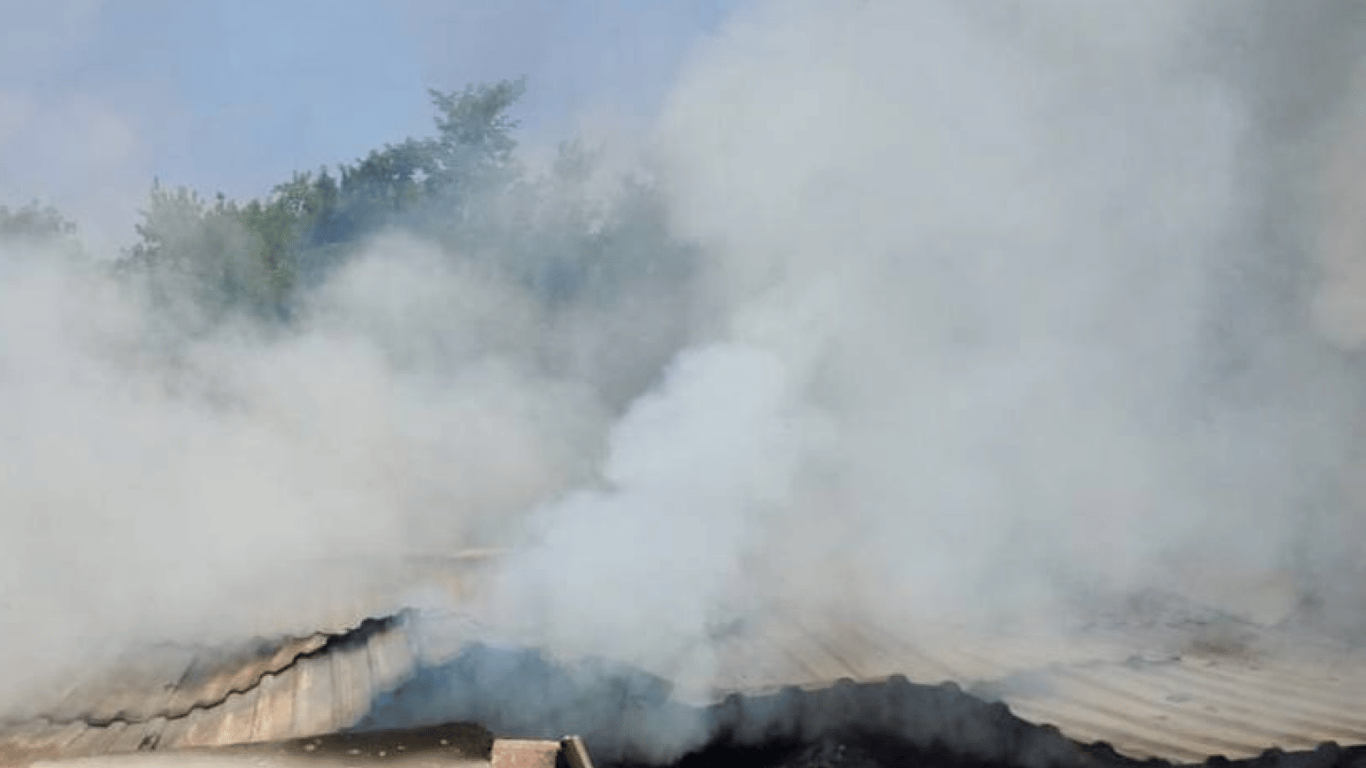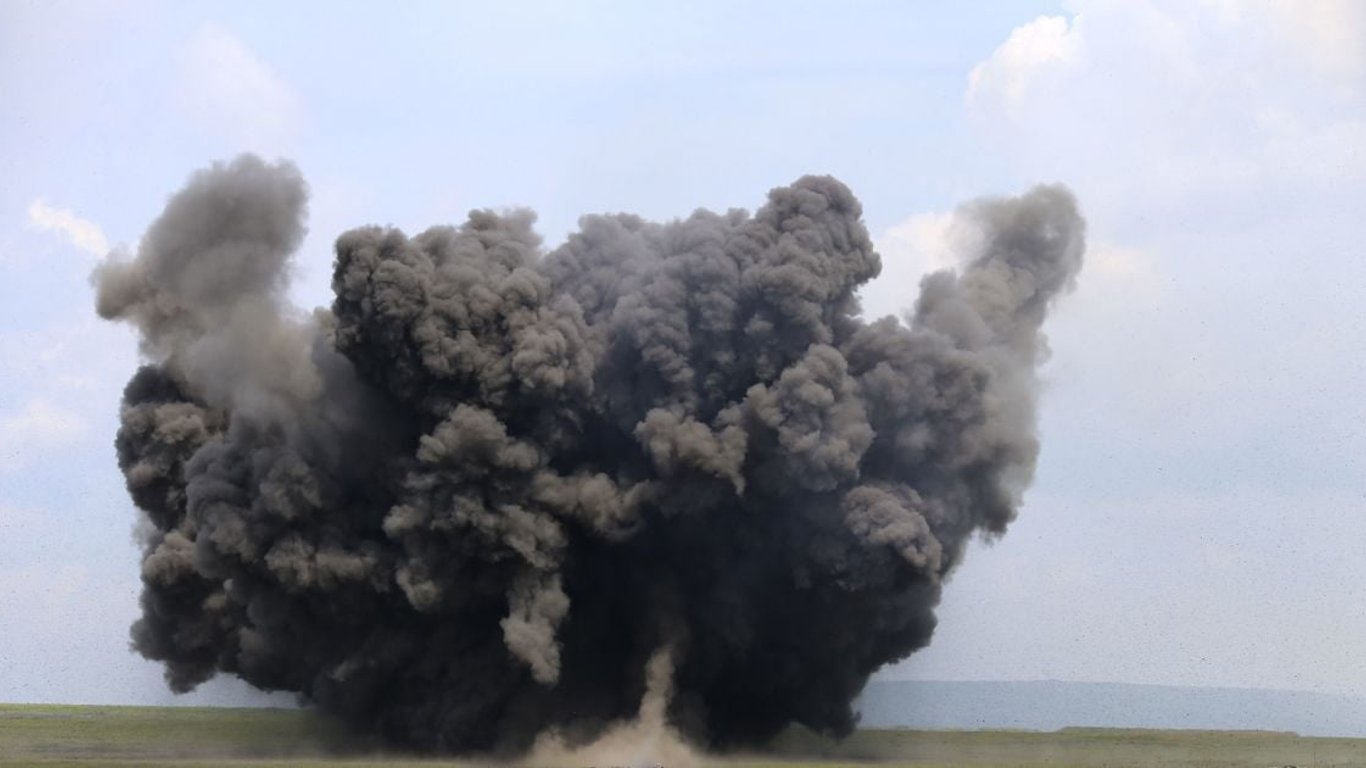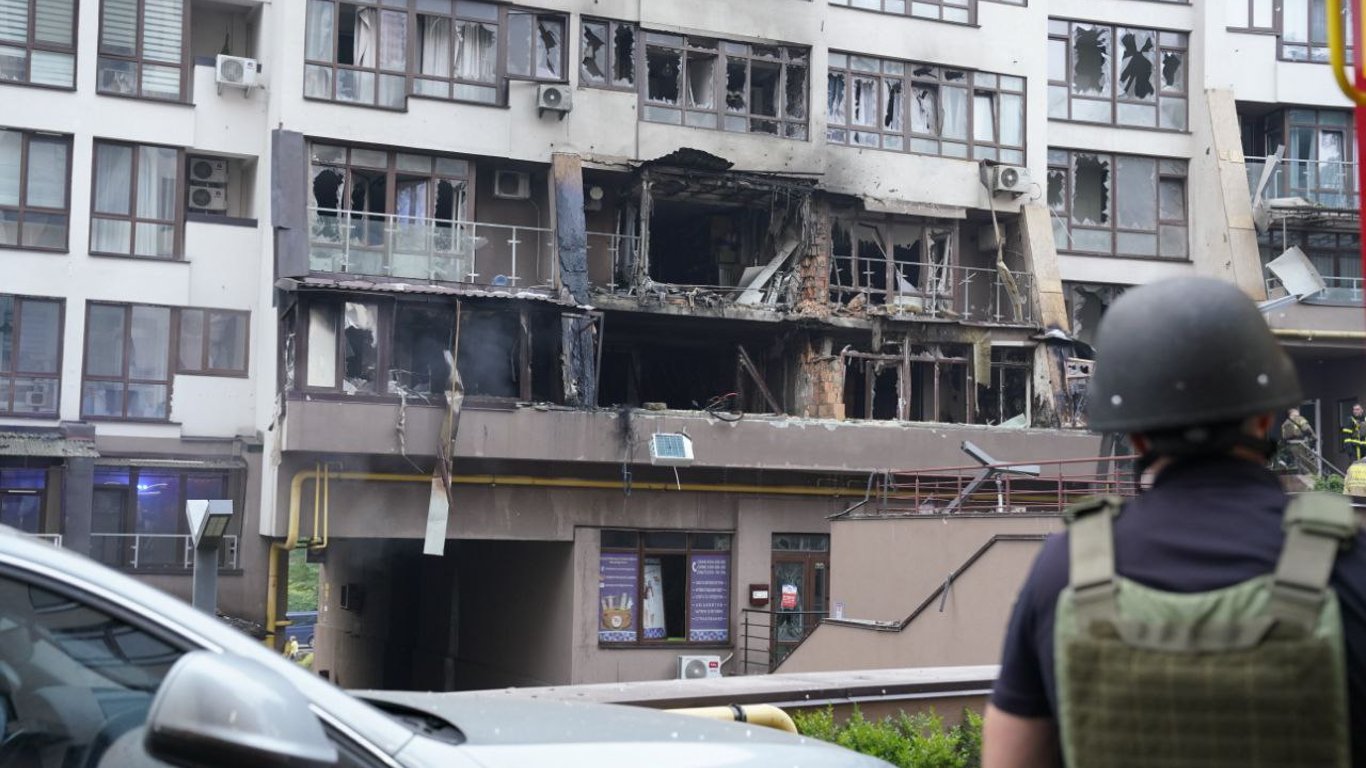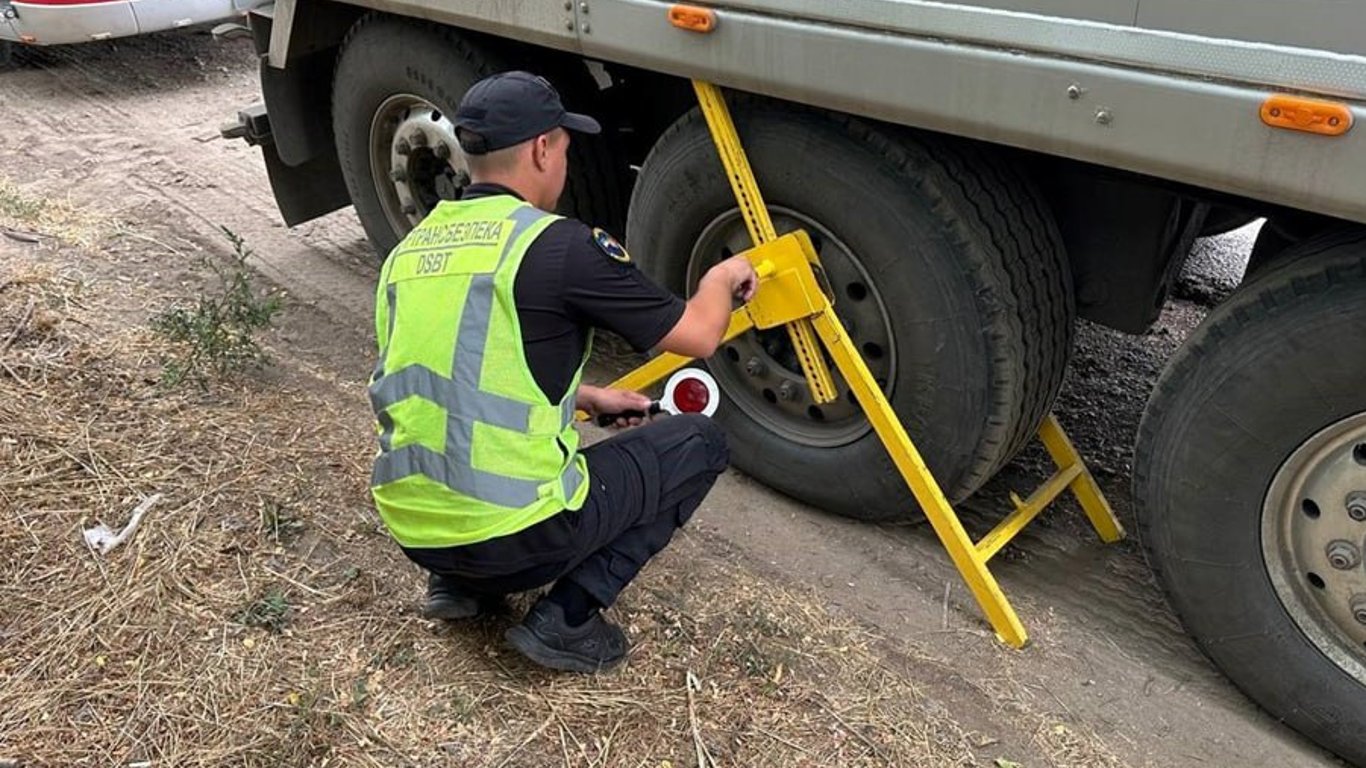Russian woman moved to Odesa and learned Ukrainian after the war began.

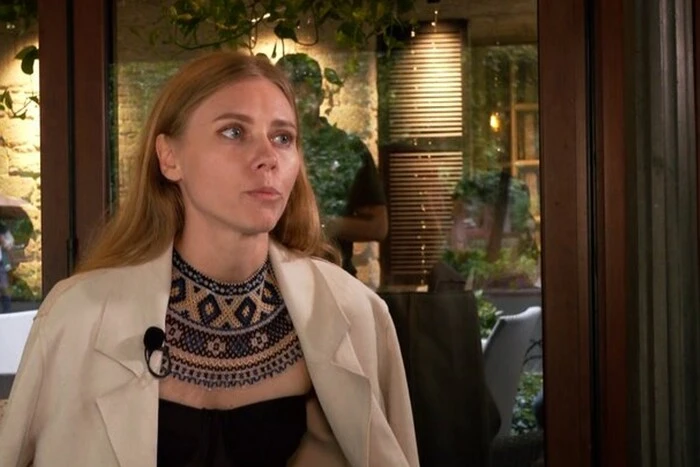
Ukrainian woman Svitlana Hvozdikova moved to Ukraine after the outbreak of full-scale war because she did not share her compatriots' views on the military aggression of the Russian Federation. She currently lives with her child in Odesa and speaks Ukrainian. Svitlana's husband, Oleksandr Hvozdikov, serves in the Armed Forces of Ukraine. He was previously a lawyer.
Russian woman Svitlana Hvozdikova moved to Ukraine after the outbreak of full-scale war. The woman decided to leave the Russian Federation because she did not share the views of her compatriots regarding her country's military aggression. Currently, she lives with her child in Odesa, communicates in Ukrainian, and awaits her husband, who serves in the Armed Forces of Ukraine, to return from the war.
Svitlana was born in the city of Krasnodar in the Russian Federation. Since 2022, she has been living in Odesa with her family, including her husband and daughter. Her parents and friends currently remain in Russia. They did not understand Svitlana's decision to move to Ukraine.
«I heard things like: «You're a bad mother; you're bringing a child under bombs, Nazis will kill you there, you can't speak Russian there, everything will be bad. Leave the child if you want to go after your husband, go alone». Of course, it deeply affected me, I felt betrayed. They didn't understand me, and I couldn't understand them, nor could I believe that these people, my relatives, my parents, believed television more than me, their daughter, or their son-in-law, whom they had known for many years. Still, we went here with my daughter and husband,» shared the woman.
Svitlana's husband Oleksandr Hvozdikov currently serves in the marine corps, in the 36th separate brigade, as a public computation commander with the rank of junior sergeant. He joined the Armed Forces of Ukraine in 2022. In civilian life, Oleksandr was a lawyer, working not only in Ukraine but also abroad.
«We started dating at the end of 2012. At that Time, I still had a law practice, I couldn't completely leave it in Odesa. Svitlana bought a house in Krasnodar and also couldn't leave work immediately. And this period of fluctuations eventually led to me working here for half a year and living in Russia for the other half. And by the time the Revolution of Dignity, as those events are now called, occurred, with the hybrid invasion of Donbas and the occupation of the Autonomous Republic of Crimea by Russian Federation troops, I was in Krasnodar,» said the man.
Since 2014, Svitlana began to take an interest in politics after noticing discrepancies between what she saw with her own eyes when visiting Ukraine and what was said on Russian television.
«Before 2014, I did not consider politics to be something each person needed to follow. My attitude was like many Russians: «Politics is a dirty business, and we don't decide anything there, so let's not get involved, just focus on our own lives». But from 2014, when I saw that Russian television was lying a lot, that when I went to Ukraine, I did not see any Nazis there. No one tortured me for speaking Russian here, not even insulted me. That's when I began to take an interest in politics and study the Ukrainian language,» the woman said.
Svitlana was helped by her husband Oleksandr in learning the Ukrainian language. She said that initially, she didn't understand about 70% of what she heard, but in three months, she almost mastered the language. Their daughter also learned Ukrainian, as she would be attending a Ukrainian school.
Currently, Oleksandr serves in the Armed Forces of Ukraine. Svitlana is very proud of him but also worries about his safety and is concerned about the questions their daughter has.
Svitlana has a complex relationship with her family and friends in Russia. She communicates only with her mother.
After the war ends, Svitlana would like to go to Russia, but cannot do so now due to the possibility of being prosecuted for state treason, terrorism, and extremism.
After moving to Odesa, Svitlana didn't face insults or condemnation and instead received support and respect from the local people for her decision to come to Ukraine with her child during the war.
Kyiv itself ranks first in the number of complaints about violations of the language law. In the first half of 2024, 365 appeals were registered in the city.
In the broadcasts of national television and radio companies over the past year, not a single Russian song was played.
Read also
